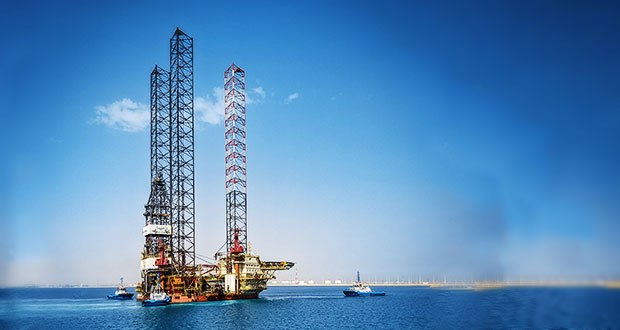Petrobras, Brazil’s state-controlled energy giant, has officially commenced the decommissioning of its historic Guaricema offshore field in the Sergipe-Alagoas basin. The arrival of the Borr Drilling-owned jack-up rig, Arabia I, marks a significant step in the lifecycle of this pioneering project, which holds a special place in the company’s history.
Discovered in 1968, the Guaricema field represented a transformative moment for Petrobras. Up until that point, the company’s oil production was solely concentrated in onshore locations. The successful exploration and subsequent development of Guaricema not only unlocked Brazil’s offshore hydrocarbon potential but also propelled Petrobras into a new era of growth and established the foundation for the nation’s now-thriving offshore oil and gas sector. This discovery served as a crucial catalyst, demonstrating the vast resources that lay beneath Brazil’s coastal waters and paving the way for numerous future offshore developments.
As the Guaricema field has matured and reached the natural conclusion of its productive lifespan, Petrobras is now undertaking the complex and environmentally sensitive task of decommissioning. This process began with the awarding of a substantial four-year contract, valued at approximately $250 million, to the Brazilian firm Etesco in July 2024. Under the terms of this agreement, Etesco will be responsible for the operational management of the Arabia I on behalf of Borr Drilling. The rig’s primary mission is to execute the intricate decommissioning procedures across various mature fields situated along Brazil’s northeastern coastline, with the Guaricema field serving as the initial focus of these critical operations.
The decommissioning of offshore oil and gas installations is a multi-stage endeavor that demands meticulous planning, rigorous adherence to safety standards, and a strong commitment to environmental protection. Key activities involved typically include the permanent plugging and abandonment of the oil and gas wells to ensure long-term safety and prevent any potential leaks. Following this, the removal of subsea infrastructure, such as pipelines, wellheads, and other associated equipment, is undertaken. Finally, the offshore platform itself may be either partially or fully dismantled and removed, depending on regulatory requirements and environmental considerations.
Petrobras’ proactive approach to decommissioning its aging offshore assets, starting with the Guaricema field, underscores the company’s commitment to responsible environmental stewardship and sustainable resource management. The expertise and experience gained through this process will be invaluable as Petrobras continues to manage its extensive portfolio of offshore fields and navigate the evolving energy landscape. The deployment of the Arabia I signifies not just the end of production for the Guaricema field, but also the commencement of a carefully managed and environmentally conscious process to ensure the long-term integrity of the marine environment. This operation sets a precedent for future decommissioning projects in the region and highlights Petrobras’ dedication to a sustainable energy future.
SOURCE: Oilspot Suriname

